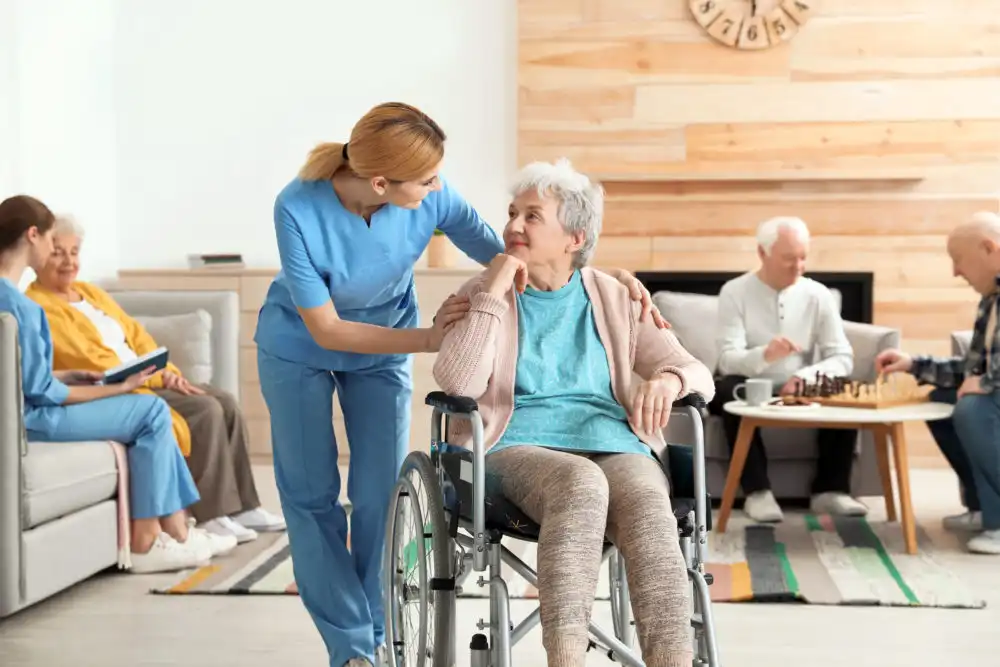Why Mental Health Screenings and Open Conversations Are Crucial
Aging comes with its share of challenges—health changes, loss of loved ones, shifts in independence. But what often goes unnoticed is the emotional toll these changes can take. Many assume that sadness, loneliness, or low energy are just a normal part of aging, but depression in seniors is real, serious, and often overlooked.
The problem isn’t just that depression is common—it’s that it frequently goes undiagnosed and untreated. Many older adults don’t talk about their feelings, either because of stigma, lack of awareness, or the belief that they should just “push through” on their own. That’s why mental health screenings and open conversations are so important. Identifying depression early can mean the difference between silent suffering and getting the right support.
Understanding Depression in Seniors
Depression doesn’t always look the same in older adults as it does in younger people. While feelings of deep sadness are a hallmark symptom, depression in seniors often presents as fatigue, irritability, or withdrawal from daily life. It’s easy to mistake these signs for aging-related changes, but persistent emotional struggles should never be ignored.
Some key signs to watch for include:
- Loss of interest in activities they once enjoyed.
- Persistent fatigue, even with adequate rest.
- Changes in appetite—eating too little or too much.
- Sleep disturbances—insomnia or excessive sleeping.
- Increased irritability, frustration, or restlessness.
- Feelings of hopelessness, guilt, or worthlessness.
- Difficulty concentrating or making decisions.
- Withdrawal from family, friends, and social events.
Unlike temporary sadness or grief, depression is persistent—lasting for weeks or months—and it doesn’t just go away on its own.
The Importance of Mental Health Screenings
One of the biggest obstacles to addressing depression in seniors is that many never seek help. Some worry about stigma, while others simply don’t realize what they’re experiencing is a treatable condition.
This is why regular mental health check-ins—just like blood pressure or cholesterol screenings—are essential. Doctors, caregivers, and family members should actively look for changes in mood, energy levels, and daily habits. If something seems off, a simple conversation can open the door to getting professional support.
Depression isn’t a sign of weakness. It’s a medical condition, and treatment—whether through therapy, medication, lifestyle changes, or social support—can make a life-changing difference.
How Open Conversations Can Help
Talking about mental health shouldn’t feel taboo. Many seniors grew up in a time when emotions weren’t openly discussed, which makes starting these conversations even more important. A simple “How have you been feeling lately?” or “I’ve noticed you seem a little different—do you want to talk about it?” can be a good starting point.
Encourage open, judgment-free discussions. Let them know it’s okay to talk about feeling overwhelmed, lonely, or sad. The goal isn’t to fix everything in one conversation, but to create a space where they feel heard and supported.
At Salem County Adult Day Center, we believe mental well-being is just as important as physical health. Our programs provide opportunities for social interaction, creative expression, and emotional support—all of which can help prevent or alleviate depression.
If you notice signs of depression in a loved one, don’t ignore them. A compassionate conversation, a doctor’s visit, or simply spending more time together could be the first step toward brighter days.

